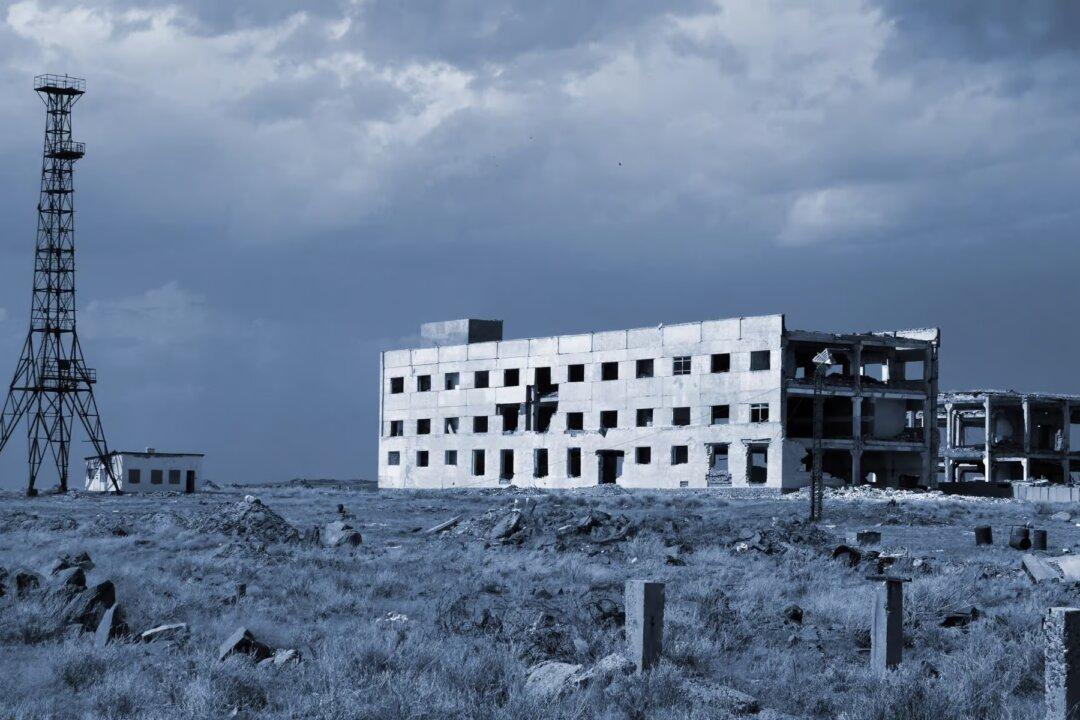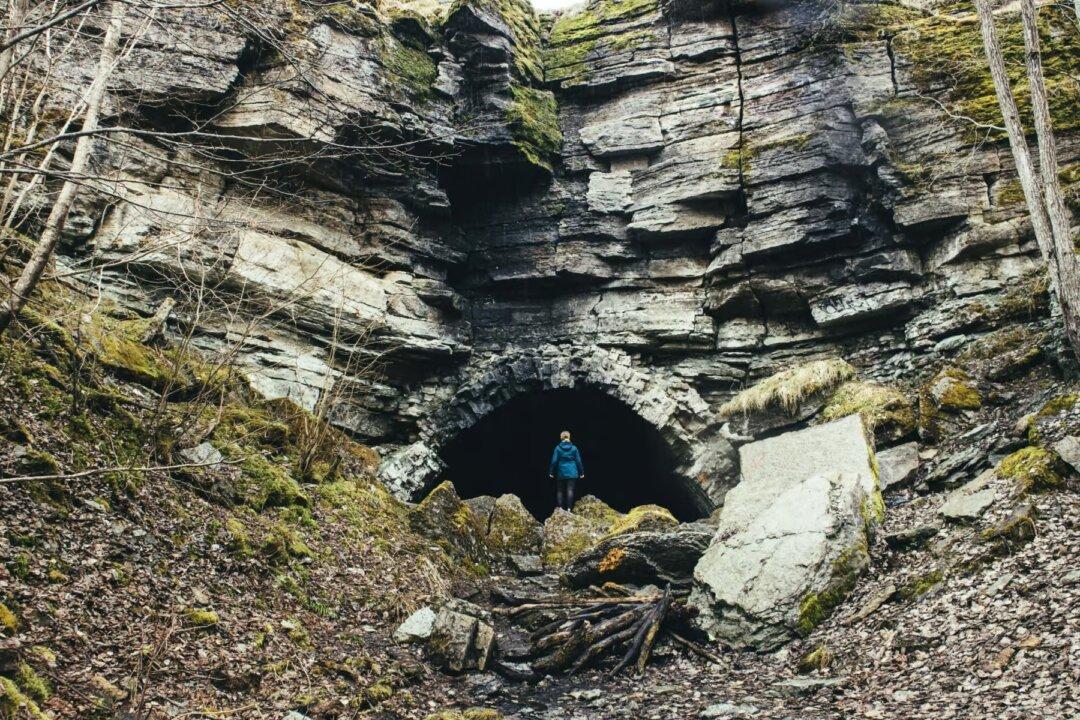Commentary
Dying throes of U.S. militarism, with post-COVID trauma and malaise, display themselves in Fayetteville, North Carolina, this December as I travel there on a Friday for a Saturday meeting. Fort Bragg is there, which is one of the largest military bases in the world. My meeting is with a group I volunteer with that counsels military members and veterans, takes calls from those who need help, and directs them to services.


